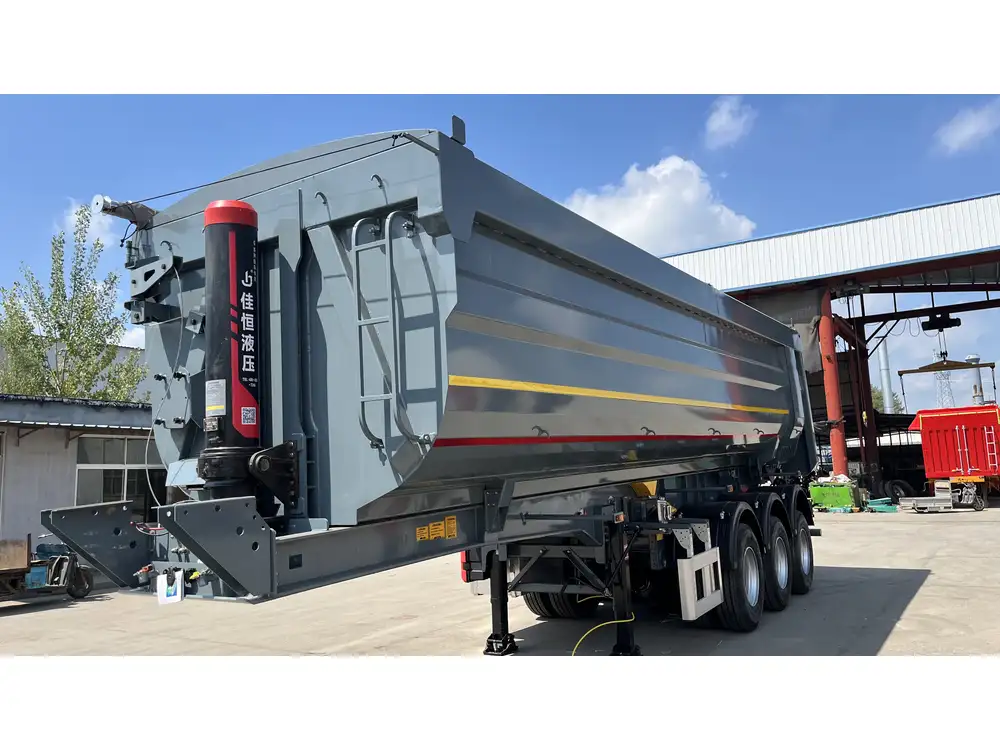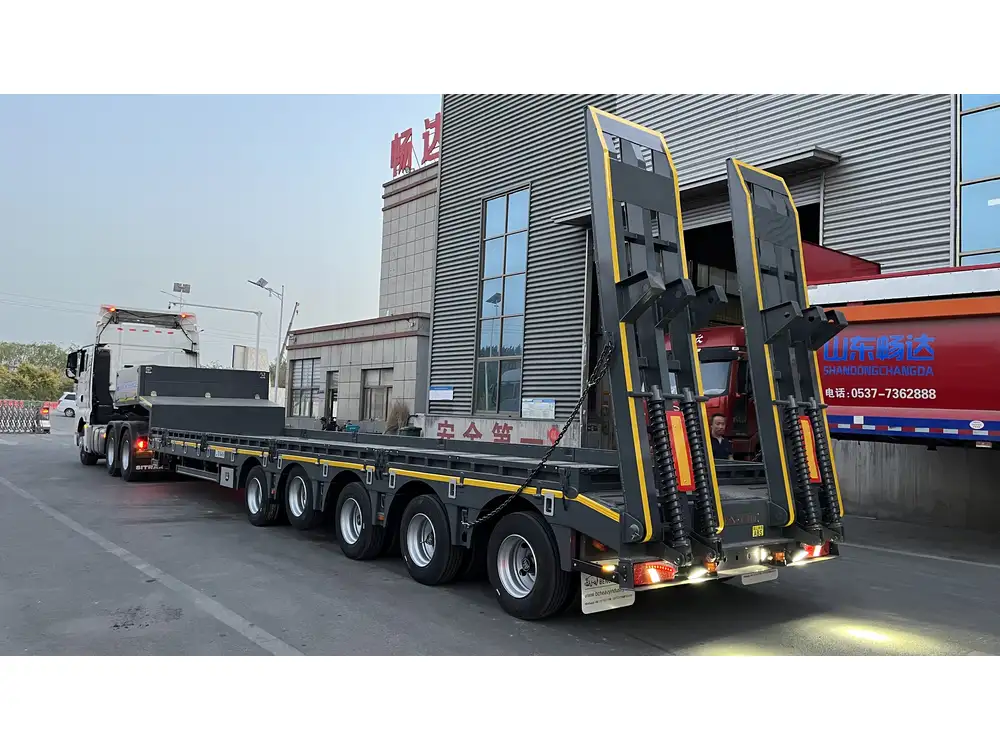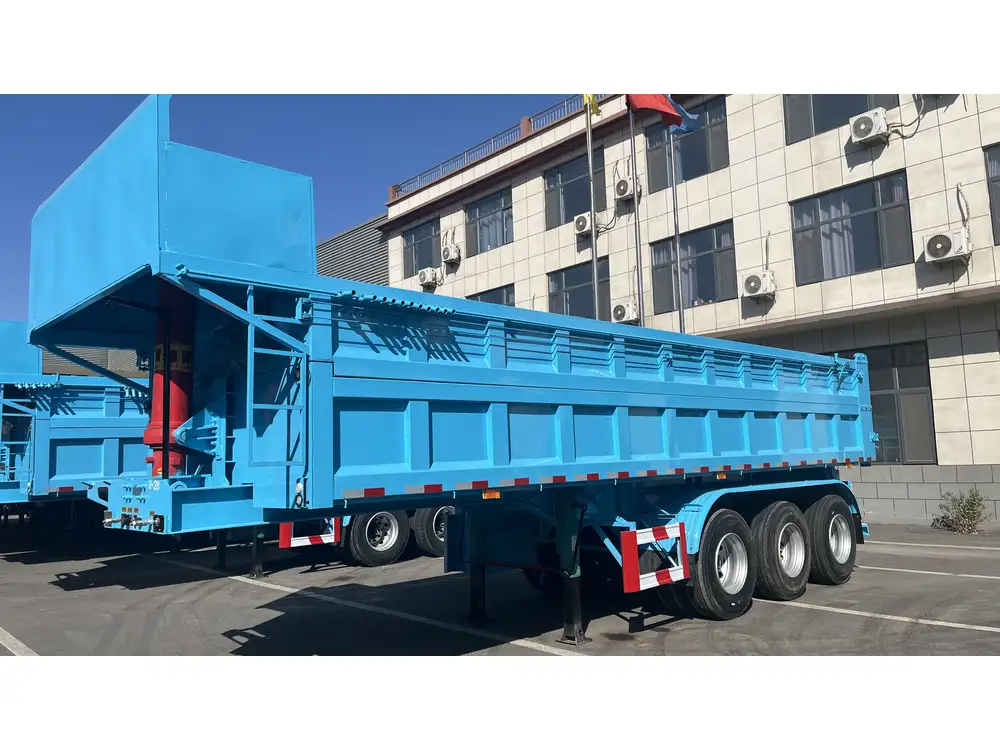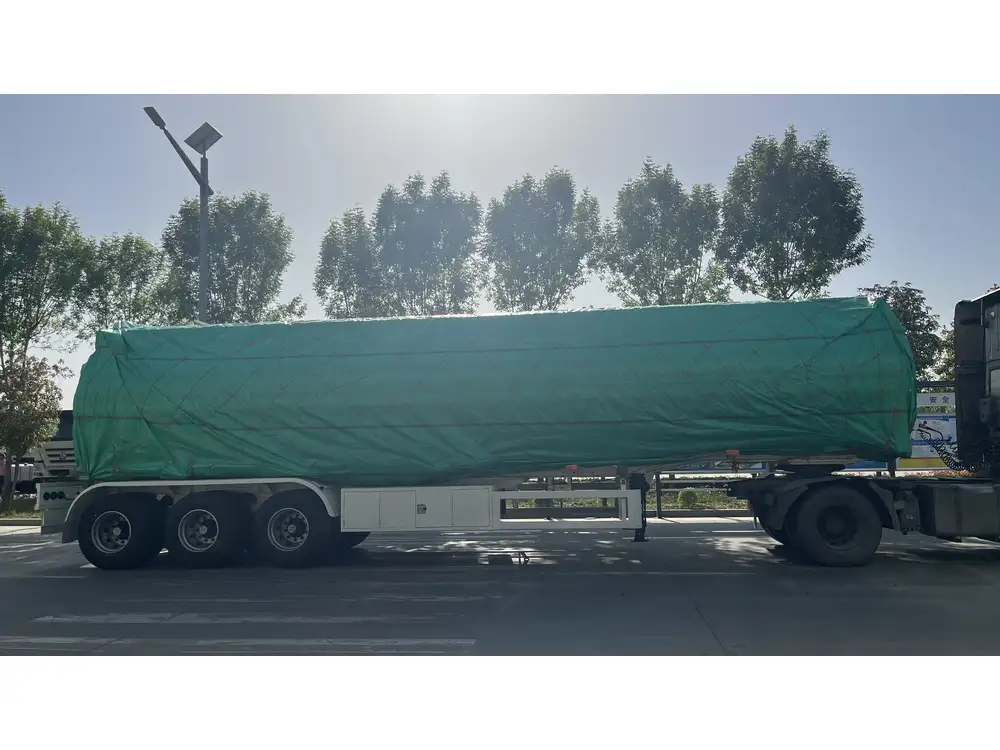When it comes to moving or transporting items, the choice of trailers can significantly impact both convenience and budget. U-Haul trailer rentals, a popular option for many, vary widely in cost depending on various factors. Understanding these factors can lead to informed decisions, ensuring the right trailer is selected at the right price. Here, we delve into the pricing structures, common types of U-Haul trailers, additional fees, and a variety of considerations that may influence your overall costs.
Types of U-Haul Trailers and Their Costs
U-Haul provides several types of trailers designed to cater to different transportation needs. Each type comes with its own pricing structure, influenced by dimensions, purpose, and features.
1. Utility Trailers
- Description: These are open trailers typically used for general hauling, such as dirt, equipment, and furniture.
- Typical Pricing: The cost can range from $14.95 to $29.95 per day, depending on the size (4×8 is generally cheapest, while larger sizes are costlier).

2. Cargo Trailers
- Description: Enclosed trailers that protect goods from weather and theft. Ideal for long-distance moves.
- Typical Pricing: Prices typically range from $19.95 to $49.95 per day for various sizes (from 5×8 to 6×12).
3. Car Haulers
- Description: Specifically designed for transporting vehicles; includes tow dolly and car hauler options.
- Typical Pricing: Rates usually fall between $44.95 to $79.95 per day, depending on the model and availability.
4. Specialty Trailers
- Description: Designed for specific tasks, such as motorcycle trailers, and may have unique pricing.
- Typical Pricing: Often around $39.95 to $69.95 per day depending on the model.
Here’s a comparative table of various U-Haul trailer types:
| Trailer Type | Size | Approximate Daily Rate |
|---|---|---|
| Utility Trailer | 4×8 | $14.95 |
| Utility Trailer | 5×8 | $19.95 |
| Cargo Trailer | 5×8 | $19.95 |
| Cargo Trailer | 6×12 | $29.95 |
| Car Hauler | — | $44.95 |
| Motorcycle Trailer | — | $39.95 |

Factors Influencing U-Haul Trailer Prices
Understanding pricing requires an awareness of the various influencing factors that can cause fluctuations in costs. Here are some specific aspects to consider:
1. Rental Duration
Length of rental greatly impacts costs. Longer rentals typically incur higher total charges, and daily rates often apply for each extra day.
2. Distance of Travel
Some rentals price based on distance. One-way rentals may have different pricing structures from round trips, also incorporating mileage fees.

3. Location
U-Haul pricing can vary significantly based on geographical location. Urban areas may experience demand surges, resulting in higher daily rates compared to rural regions.
4. Peak Seasons
Seasonality can greatly affect prices. Moving seasons, typically from May through August, often see increased rental fees due to heightened demand.
5. Availability
Supply and demand dynamics can influence pricing. If high-demand trailers are limited, increased prices may reflect scarcity.

6. Additional Equipment
Renting additional equipment such as tow hitches, furniture pads, or dollies incurs extra costs. For example, moving supplies like box bundles may cost between $14.99 to $39.99 depending on quantity.
Hidden Fees and Extra Costs
While many renters focus solely on daily charges, various additional costs can arise, which may impact the total budget significantly. Here’s a breakdown:
Mileage Fees: These can add an extra cost that accumulates with the number of miles driven. For most U-Haul trailers, this can be around $0.40 to $0.99 per mile.
Insurance Costs: Optional insurance coverage for damage or theft can range from $15 to $30 per day, providing peace of mind during the transport.
Fuel Charges: Return the trailer with the same amount of fuel, or face significant refueling fees which fluctuate based on local fuel prices.
Taxes and Fees: Local taxes and processing fees can also affect total rental costs. These may vary from state to state and even city to city.
U-Haul Trailer Rental Process

1. Online Reservation
Renting a trailer has never been easier, with U-Haul’s online reservation system allowing users to select their trailer type, rental duration, and pick-up/drop-off details seamlessly.
2. Pick-Up
Upon arriving to pick up the trailer, rental agents will inspect the vehicle to confirm the condition and ensure it meets safety standards. Be prepared to present necessary identification and payment information.
3. Inspection and Return
It’s advisable to meticulously inspect the trailer prior to departing and upon return, documenting any pre-existing damage. Taking pictures can assist in handling disputes related to damage claims.

Comparison of U-Haul to Other Trailer Rental Services
When considering U-Haul, it’s prudent to understand how it stacks against alternative rental services. A comparative analysis can provide clarity on making the most cost-effective choice:
| Company | Types of Trailers | Price Range | Insurance | Availability |
|---|---|---|---|---|
| U-Haul | Utility, Cargo, Car Haulers | $14.95 – $79.95 per day | Optional coverage available | Nationwide coverage |
| Budget Truck Rental | Cargo and Utility | $19.99 – $69.99 per day | Additional coverage options | Mainly North America |
| Penske | Utility, Cargo, Car Hauler | $25.00 – $85.00 per day | Comprehensive coverage available | Extensive regional presence |
Tips for Reducing U-Haul Trailer Rental Costs
- Plan Ahead: Booking in advance often provides access to lower rates.
- Select Off-Peak Days: If possible, rent during weekdays or off-peak times to avoid surcharges.
- Limit Mileage: Keep an eye on mileage to reduce additional fees. Consider a one-way rental if applicable.
- Use Discounts: Research possible discounts, as U-Haul regularly offers promotions or memberships that can yield savings.
Frequently Asked Questions

Q1: What is the minimum age for renting a U-Haul trailer?
A: Generally, renters must be at least 18 years old, though some locations require the driver to be at least 21.
Q2: Are there weight limits for U-Haul trailers?
A: Yes, each U-Haul trailer comes with a specific weight limit, typically ranging from 1,500 to 3,500 pounds, depending on the trailer type.
Q3: Can I return a U-Haul trailer to a different location?
A: Yes, one-way rentals allow for returns at different locations, though fees may apply based on distance.

Q4: What types of vehicles can tow U-Haul trailers?
A: Most vehicles equipped with appropriate hitches can tow U-Haul trailers, but it’s essential to verify compatibility beforehand.
Q5: Is it possible to get roadside assistance with U-Haul?
A: Yes, U-Haul offers an optional roadside assistance plan for an additional fee, ensuring support during your rental.
Conclusion
Renting a U-Haul trailer provides a flexible and efficient means for short and long-distance transportation, making it suitable for various users, from individuals moving homes to businesses needing additional capacity. By recognizing and understanding pricing structures, additional fees, and rental processes, we aim to equip users with the knowledge necessary for making well-informed decisions, ultimately optimizing their moving experience while managing expenses effectively. As you plan your next project, consider the points discussed in-depth here to ensure a seamless trailer rental experience with U-Haul.



